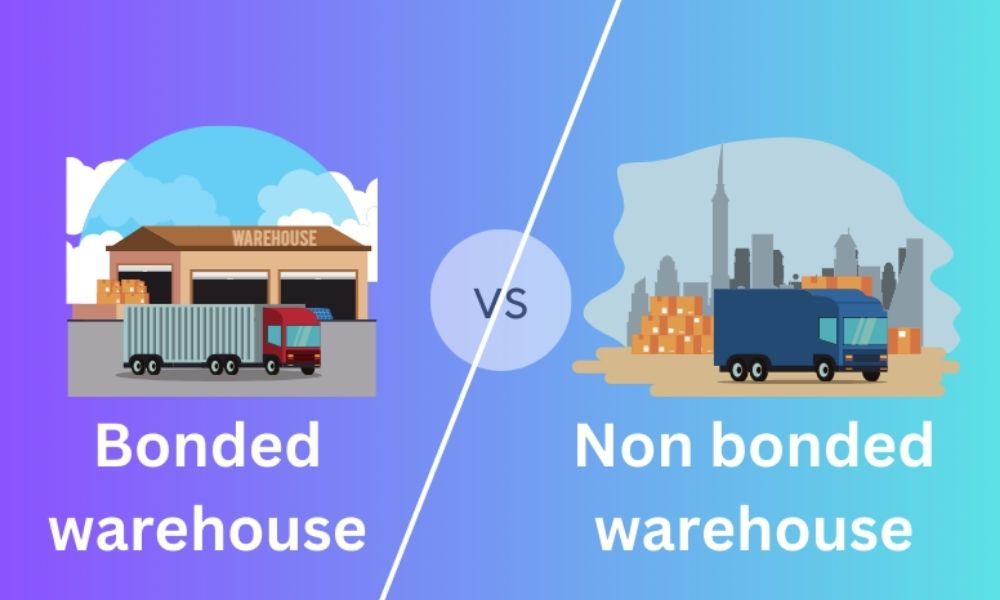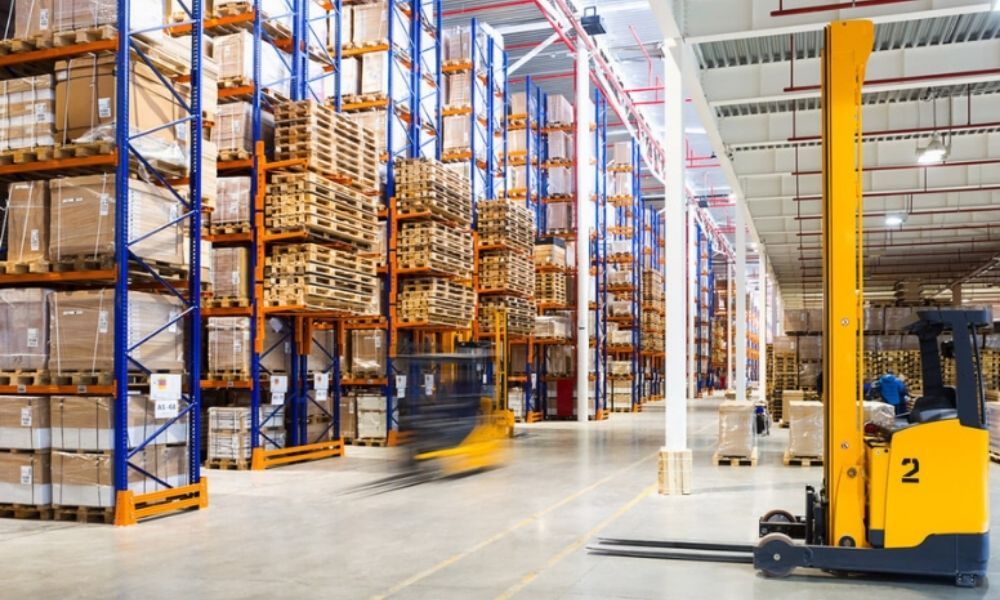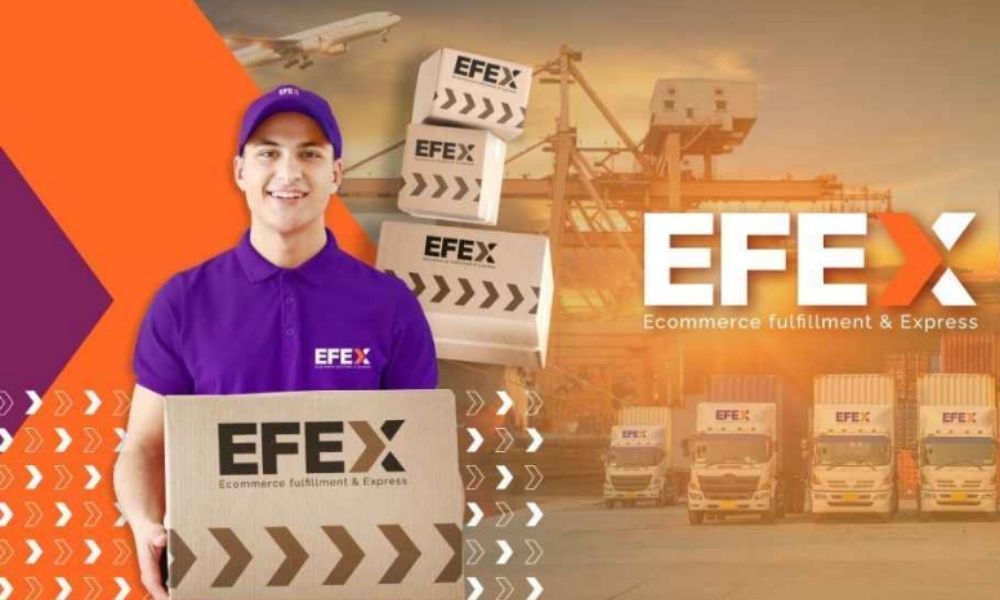
More Helpful Content
Confused about the difference between bonded and non bonded warehouse storage? You're not alone. Many business owners struggle to understand the nuances between these two types of warehouses, and how each can help optimize their supply chain operations.
In this blog post, we will delve into all aspects of both storage solutions so that you can make an informed decision on which one best fits your needs.

In the international supply chain, warehousing is essential because it is where importers can temporarily store commodities while they wait to distribute or process their products further. Two main types of warehouses are bonded warehouses and non bonded warehouses.
Before we go deeper to analyze the differences between these warehouses, we need to know the definition of bonded warehouse and non bonded warehouse first.
A bonded warehouse is one that is run by a private business abroad but is subject to regulatory oversight by the customs office of the country where it is located. Its main goal is to make international trade easier by offering products in transit temporary storage, which gives companies greater freedom and control over how they handle their inventory.
Bonded warehouses, like regular warehouses, allow companies to store their products closer to international clients for quicker delivery with the added benefit of delaying payment of customs charges until the products can be removed from the warehouse.
👉 Read More: 8 Bonded Warehouse Advantages You Should Know In 2023
A non bonded warehouse, usually referred to as a regular or public warehouse, is an area where products are kept without the benefit of any customs rights or restrictions. These warehouses serve as short-term storage facilities for items before they are sold or otherwise, distributed within the nation, catering to national shipments.
In contrast to bonded warehouses, non bonded warehouses are managed by port authorities instead of the customs authorities.

The main difference between bonded and non-bonded warehouse lies in the customs regulations that each one is subject to. Here are some key differences to note:
For long-term storage needs, a bonded warehouse is an excellent option. Long-term storage in these warehouses saves the customer money on unnecessary transportation and enables them to build strong working ties with the most trustworthy vendors.
On the other hand, long-term storage in non bonded warehouses entails extra fees, making this an unfavorable arrangement for companies seeking long-term storage solutions.
The duties are postponed until the products depart for their destination while they are kept in a bonded warehouse. No matter what the importer plans to do with the shipment, they can save considerable amounts of money.
Additionally, it saves time to finish the legislative structure, which is necessary for exporting goods from a nation. Importers might save up to 30% on delayed taxes instead of using non bonded warehouses.
Importers have a limited time restriction on how long to hold any prohibited items in non bonded warehouses, and all the required paperwork must be signed.
On the other hand, the bonded warehouses are free of charge from this trial period. This indicates that it is more practical to keep the prohibited items for up to 5 years until the importer completes all necessary paperwork, similar to the duty deferment.
To recap, non bonded warehouses need to provide the length of time required for handling documents for restricted items like bonded warehouses.
In terms of convenience of international shipment, a bonded warehouse would definitely lead the way. Without paying a deposit for the duty charge, any importer can bring the product into the country from anywhere in the world and store it. There are two business cases where this requirement makes sense.
First, until there is a noticeable increase in customers’ demand for the products, they can be kept in a bonded warehouse. At this point, the importer can settle the customs and have the requested products shipped to the location within the country where the products are stored. Thus, it is not necessary to import everything at once.
Second, in order to complete the asset consolidation, the importer may continue to store the items at the bonded warehouses. Before attempting the export once more, you can complete all of this. Since the items have been under customs control, the importer is exempt from paying duty payments whenever the aggregated products are transported from the storage country. This saves the importers from paying two taxes.

Importers can easily access bonded warehouses for customs. They can keep their goods without worrying with this hassle-free solution, and the commodities are also easily transported. Goods are kept in a secure area under constant observation. Until the products leave the manufacturing area, duties and taxes are postponed.
You have plenty of time to do the documentation, so there is no need to rush. The products are fine if you need to keep them for a couple of years at a time when the customers’ needs are reduced and there are no pressing needs for an examination.
On the other side, the non bonded warehouse lacks this kind of facility. The stored products are destroyed if you fail to make payments on time or if the documents are inaccurate for any reason – even a true error.
👉 Read More: FTZ vs. Bonded Warehouse: Understanding the Differences
If you are in need of a bonded warehouse solution in Vietnam, EFEX is here to help. We understand the importance of efficient and secure storage for your international trade operations, and our bonded warehouses are equipped with state-of-the-art security systems to ensure the safety of your goods.
Our bonded warehouses also offer deferred duties, giving you more time to complete the necessary documentation for your goods.
At EFEX, we also provide international shipping services from our bonded warehouses, making it easy for you to store and transport your goods without having to pay any duty charges upfront. Our bonded warehouses are strategically located near major ports, ensuring quick and efficient transportation of your goods.
With EFEX, you can have peace of mind knowing that your goods are stored and handled with the utmost care and security. Contact us today to learn more about our bonded warehouse solutions in Vietnam!

In conclusion, there are differences between bonded warehouses and non bonded warehouses. While a bonded warehouse facilitates international trade and improves inventory management by offering short-term storage and customs benefits for imported products, a non bonded warehouse fulfills domestic distribution requirements by adhering to conventional tax and customs laws.
As a business owner involved in international trade must comprehend the distinctions between these two kinds of warehouses in order to optimize your supply chain procedures and make well-informed choices on storing and distributing methods, as well as to ensure compliance with customs laws.


